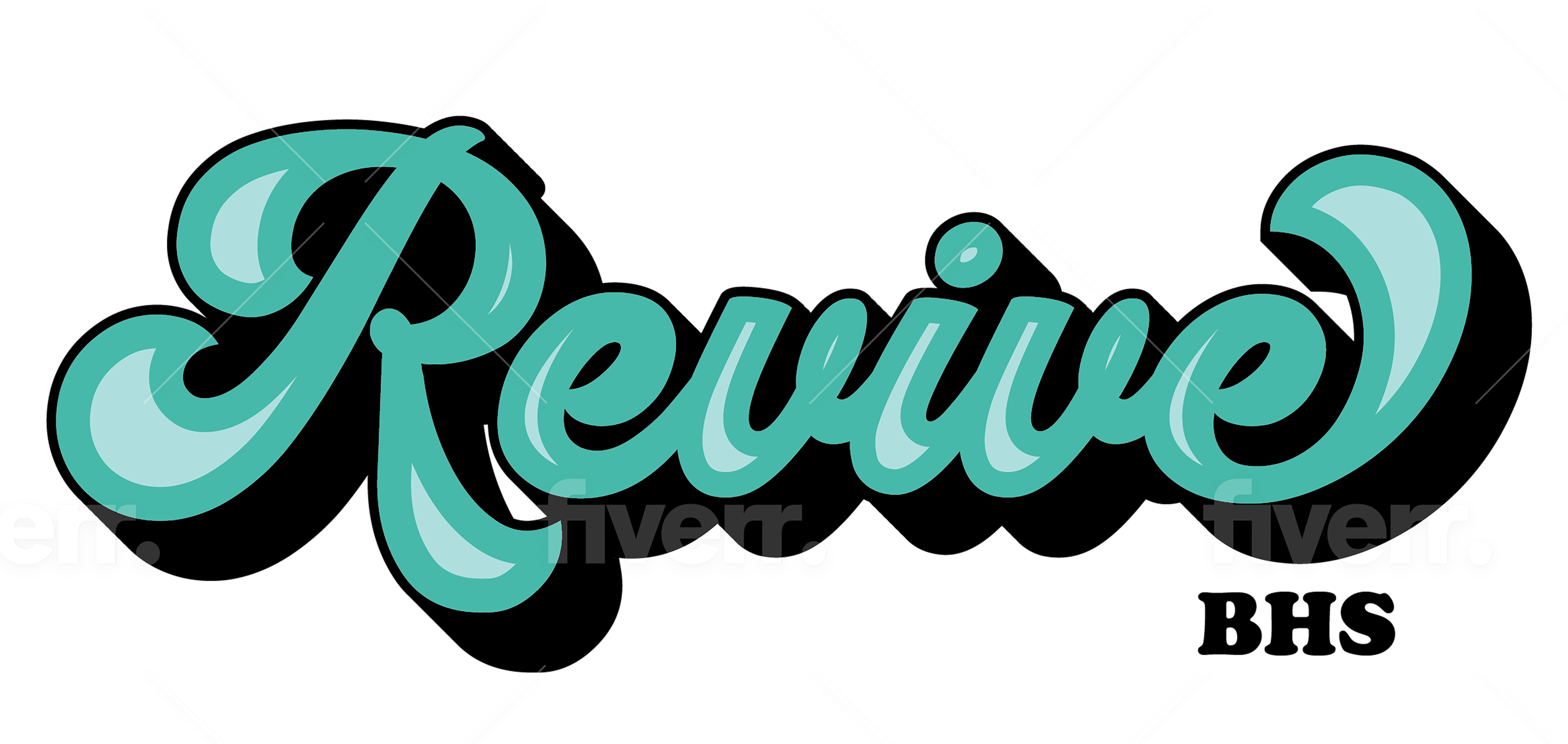Introduction
Embarking on the journey to establish a Substance Use Disorder (SUD) treatment program is a noble endeavor, aiming to make a positive impact on individuals struggling with addiction. One crucial step in this process is obtaining the necessary licenses to operate legally and provide quality care. In this blog post, we will explore the key aspects of state licensing for SUD treatment programs, helping you navigate through the regulatory landscape.
Understanding State-Specific Requirements:
The first and foremost consideration in state licensing for SUD treatment programs is understanding the state-specific requirements. Licensing regulations can vary significantly from one state to another. Some states require accreditation through an outside entity such as The Joint Commission or CARF before the licensing process, while others do not. To ensure compliance, contact the relevant state health department or licensing agency to obtain the most up-to-date information on the specific criteria and application process. Revive BHS has had the opportunity to work in multiple states so our team is very familiar with the overall process.
Create a Comprehensive Plan:
Developing a comprehensive plan is essential for a successful licensing process. Outline your program’s mission, goals, treatment modalities, staff qualifications, and operational procedures. This plan will not only serve as a roadmap for your organization but will also be a vital component of your license application. We also recommend putting together an initial pro forma. Most start up organizations underestimate the capital it takes to open a program. Putting together an initial budget/forecast can ensure you are properly funded.
Staff Qualifications and Training:
Many states have strict requirements regarding the qualifications and training of staff working in SUD treatment programs. Ensure that your team meets or exceeds these criteria. This often involves having licensed professionals, such as counselors and therapists, with relevant experience in addiction treatment. Every state has different licenses and credentials, so make sure you understand your state’s specific requirements. Provide ongoing training to keep your staff up-to-date with the latest developments in the field.
Physical Facility Requirements:
The physical facility where your SUD treatment program operates is a critical factor in the licensing process. States often have specific regulations regarding the safety, cleanliness, and appropriateness of the treatment environment. For example, Pennsylvania code requires a minimum of 60 sq ft of floor space for shared bedrooms in a residential setting. Make sure your facility meets all these requirements, and consider any necessary modifications or improvements.
Quality Assurance and Program Evaluation:
Demonstrate your commitment to providing quality care by implementing a robust quality assurance and program evaluation system. This may include regular assessments of treatment outcomes, client satisfaction surveys, and continuous improvement initiatives. Having these systems in place not only enhances the effectiveness of your program but also strengthens your case during the licensing process.
Documentation and Record-Keeping:
Accurate and thorough documentation is a key component of the licensing process. Maintain detailed records of client assessments, treatment plans, progress notes, and any other relevant documentation. Pick an appropriate EHR (Electronic Health Records) system for your SUD treatment organization. This not only supports the licensing application but also ensures compliance with legal and ethical standards.
Engage with Stakeholders:
Building positive relationships with stakeholders, including local community members, healthcare professionals, and regulatory agencies, can enhance your chances of a smooth licensing process. Engage in open communication, attend community events, and collaborate with other organizations to foster a supportive network.
Conclusion:
Licensing your SUD treatment program is a crucial step toward achieving your mission of helping individuals overcome addiction. By understanding state-specific requirements, developing a comprehensive plan, ensuring staff qualifications, maintaining a suitable facility, implementing quality assurance measures, and engaging with stakeholders, you can navigate the complex licensing process successfully. Remember, compliance with regulations not only legitimizes your program but also reinforces your commitment to providing high-quality care to those in need.
